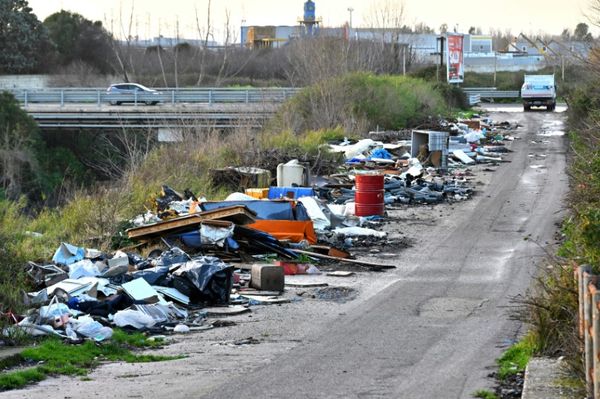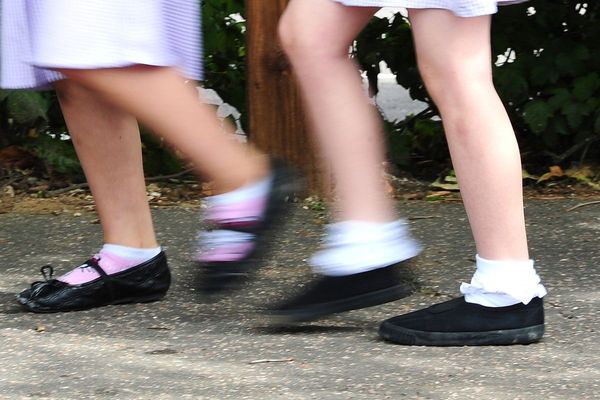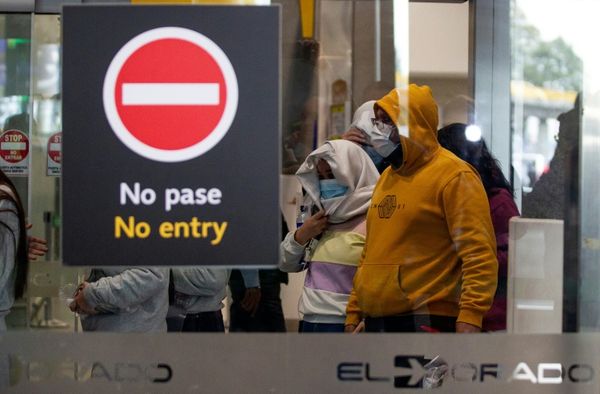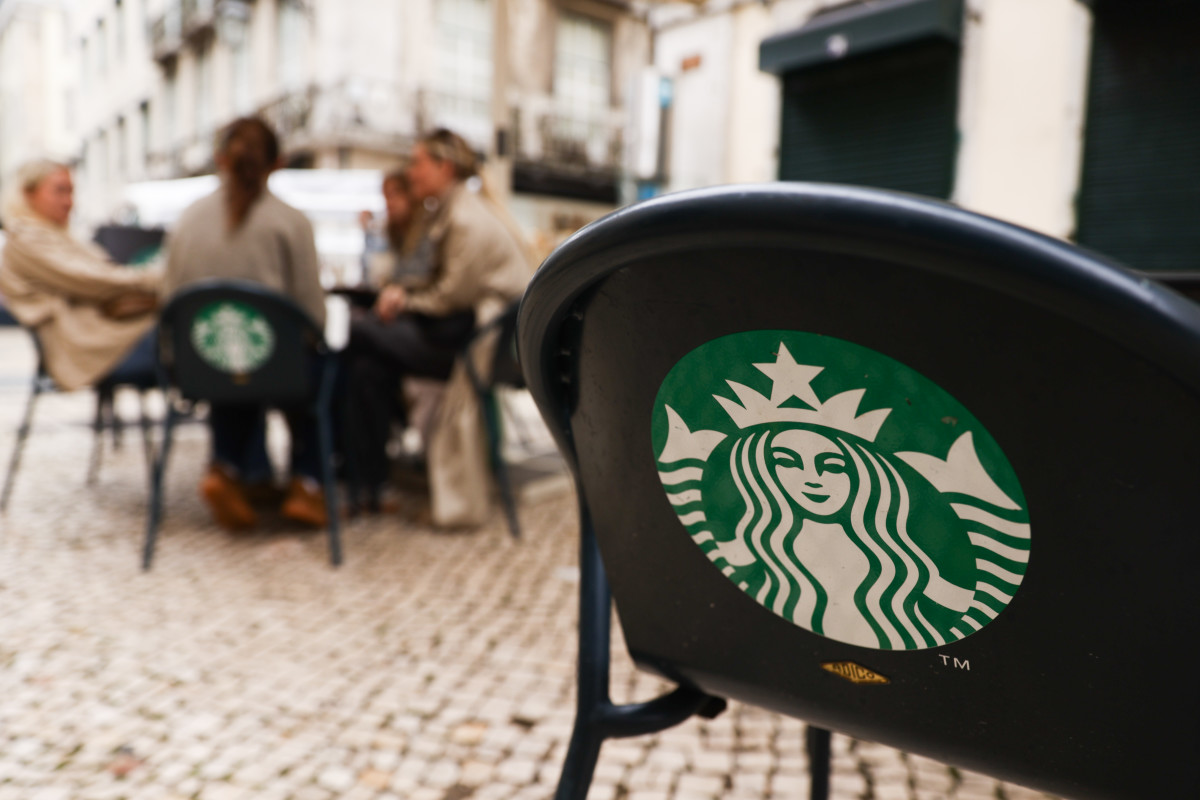
It’s been called a hug in a mug, the answer to all problems, and the favorite drink of the civilized world.
People refer to it as dirt, brain juice, rocket fuel, and cupped lightning.
It's the source of hundreds of songs, sayings, and internet memes and, for some folks, a cause for murder if they don't get a dose of the stuff before they start their day.
We're talking about coffee, of course, the bubbling brown liquid that is one of the most popular drinks on this planet and probably many others.
Starbucks (SBUX) has done well for itself as the Seattle company has become the largest coffee chain worldwide by selling virtual rivers of steaming hot joe to a caffeine-craving population.
Related: Decaf coffee might be banned in the U.S. (here's why)
Obviously, the retailer sells other things besides coffee, including tea, hot chocolate, and sandwiches. But Starbucks is best known for java.
However, the company has been taking some hits lately.
Last week, Starbucks posted fiscal-second-quarter earnings of 68 cents a share, down from 79 cents in the year-earlier period and short of the LSEG consensus of 79 cents a share.
Revenue totaled $8.56 billion, down 2% from a year earlier and missing Wall Street’s call for $9.13 billion.
The company also slashed its forecast for fiscal 2024 earnings and revenue, warning that its cafes would underperform for several quarters.
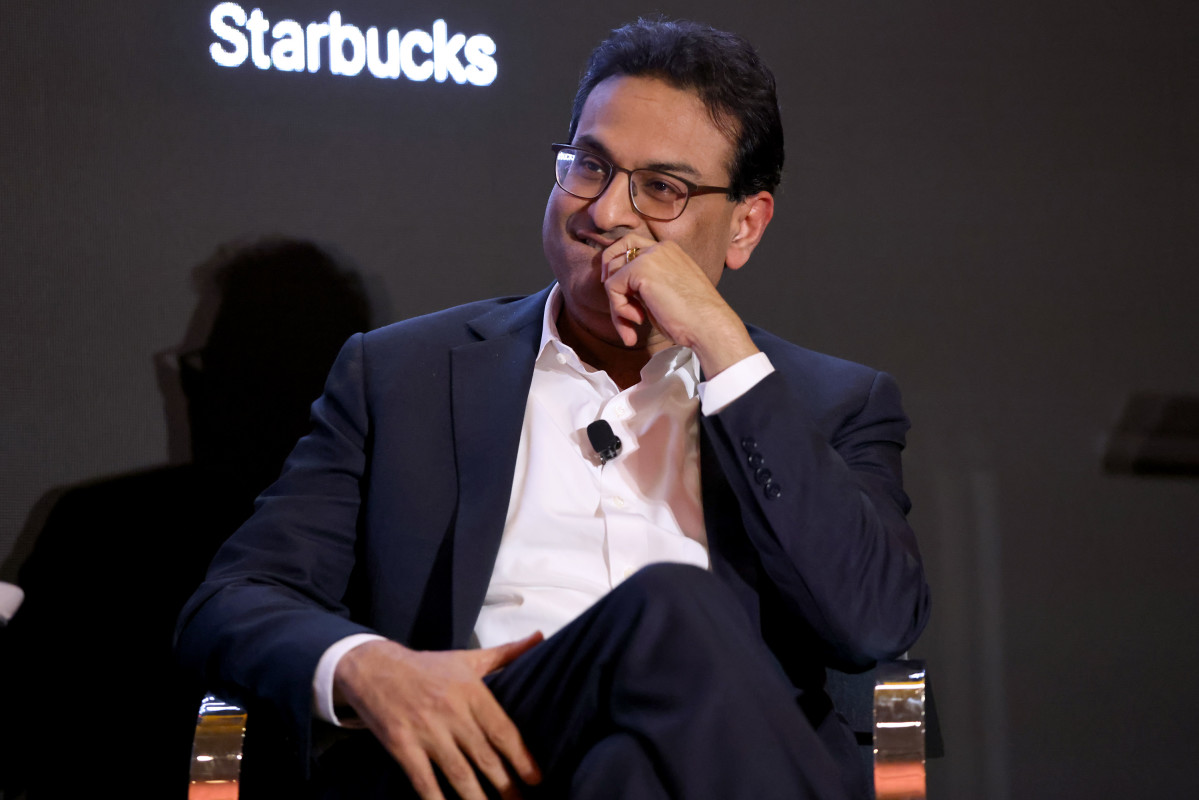
Former CEO calls for 'maniacal focus' on customers
Chief Executive Laxman Narasimhan said that global comparable store sales fell 4% year over year, driven by a 3% drop in North American comparable sales and an 11% slide in China on that basis.
The North America figure was prompted by 7% fewer transactions, partially offset by a 4% higher average transaction price.
Narasimhan told analysts that "many customers are being more exacting about where and how they choose to spend their money, particularly with stimulus savings mostly spent."
Related: Analysts revisit Apple stock price targets after earnings
He said that the company is still seeing the effects of a slower-than-expected recovery in China, "and we see fierce competition among value players in the market."
TheStreet Pro’s Bret Jensen noted that if people cut back on coffee, “it is a very good sign that economic growth is slowing down, which we have also seen in the recent preliminary estimate of first-quarter GDP growth.”
Former Starbucks CEO Howard Schultz lamented Starbucks's current situation in a LinkedIn post, saying, "At any company that misses badly, there must be contrition and renewed focus and discipline on the core."
"There is a natural tendency to try to do too much too soon," he said. "Don’t try to do everything at once. Leaders must model both humility and confidence as they work to restore trust and increase performance across the organization."
Schultz said that U.S. operations are the primary reason for the company’s fall from grace.
"The stores require a maniacal focus on the customer experience through the eyes of a merchant," he said. "The answer does not lie in data, but in the stores."
Starbucks did not immediately respond to a request for comment regarding Schultz's remarks.

Junko Kimura/Getty Images
Analyst cites 'social media narrative'
During the earnings call, Narasimhan addressed the company's presence in the Middle East.
Alshaya Group owns the rights to operate Starbucks in the region and Narasimhan said Starbucks was continuing to work with the company "to support the well-being of our partners and customers."
"Last month, the Starbucks Foundation and Alshaya Starbucks donated $3 million to the World Central Kitchen and their humanitarian efforts to provide food aid in Gaza," he said.
More Retail Stocks:
- Analyst unveils new Amazon price target as stock tests $2 trillion
- Analyst revises Nike price target ahead of big summer for sports
- Analysts revamp stock price target for Ulta Beauty after shares drop
Bank of America Securities' analyst Sara Senatore said that she saw social media — and the situation in Gaza — as the source of the slowdown in the company's same-store-sales growth.
"The cadence of the slowdown combined with the absence of the usual signs of consumer check fatigue suggest that a social media narrative around SBUX's position on the Middle East may be the primary driver," Senatore wrote in a research note. "Its Net Promoter Score dropped sharply from October to November 2023 and has yet to recover."
Senatore, who reiterated her buy rating and $108 share-price target, said, "The only prior decline this big was in summer 2018 when SBUX also faced negative media scrutiny, albeit much more briefly."
Other analysts weighed in on Starbucks's latest results.
Piper Sandler lowered the firm's price target on Starbucks to $85 from $88. It affirmed a neutral rating on the shares following what it called a "particularly disappointing" set of results and outlook. The investment firm views the risk-reward at current levels as relatively balanced.
On Friday, HSBC analyst Meredith Prichard Jensen lowered the firm's price target on Starbucks to $84 from $107 and maintained a hold rating on the shares.
The analyst tells investors in a research note that Starbucks' fiscal second-quarter results reflect widespread operational and demand struggles. The firm says Starbucks has a "flurry of initiatives on tap," but the road map to recovery is prolonged.
And DZ Bank analyst Katharina Schmenger downgraded Starbucks to hold from buy with a $75 price target.
Related: Veteran fund manager picks favorite stocks for 2024

